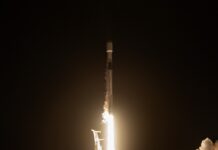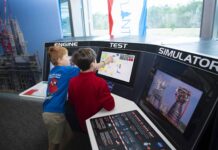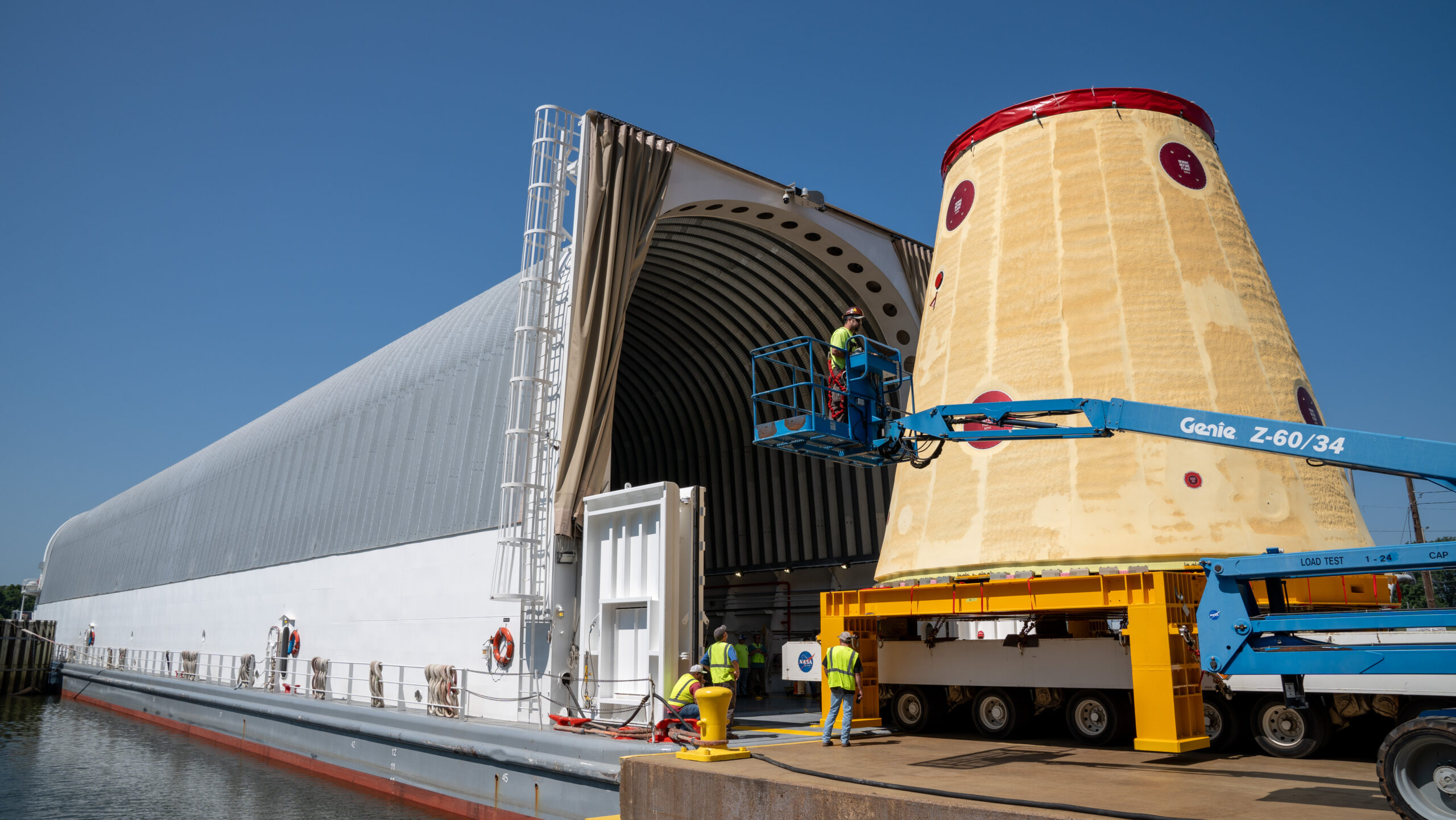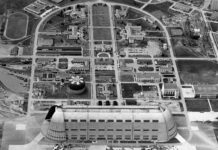NASA Advances Artemis Campaign with Key Hardware Shipment
NASA has recently achieved a significant milestone in its Artemis campaign, aimed at returning astronauts to the Moon. On Wednesday, August 21, a crucial component for the Space Launch System (SLS) rocket was transported from NASA’s Marshall Space Flight Center in Huntsville, Alabama, to the Kennedy Space Center in Florida. This component, known as the launch vehicle stage adapter (LVSA), plays a critical role in connecting the rocket’s core stage to its upper stage and safeguarding the upper stage’s engine. This engine is essential for propelling the Artemis II test flight around the Moon, which is scheduled for 2025.
Significance of the Launch Vehicle Stage Adapter
The LVSA is a cone-shaped piece of hardware that serves as a bridge between the rocket’s core stage and its upper stage. It ensures the stability and structural integrity of the rocket during its ascent. Moreover, the LVSA is the largest SLS component for the Artemis II mission manufactured at the Marshall Space Flight Center. Chris Calfee, the SLS Spacecraft Payload Integration and Evolution element manager, stated, “The launch vehicle stage adapter is the largest SLS component for Artemis II that is made at the center. Both the adapters for the SLS rocket that will power the Artemis II and Artemis III missions are fully produced at NASA Marshall. Alabama plays a key role in returning astronauts to the Moon.”
Journey to Kennedy Space Center
The transportation of the LVSA is an intricate process. Crews moved the adapter out of NASA Marshall’s Building 4708 and onto the agency’s Pegasus barge on August 21. The barge will first travel to NASA’s Michoud Assembly Facility in New Orleans, where additional SLS hardware for future Artemis missions will be picked up. Following this, the barge will proceed to NASA Kennedy Space Center in Florida. Once the adapter arrives in Florida, it will be integrated with the recently delivered core stage. This integration is a collaborative effort involving teams from NASA’s Exploration Ground Systems.
Manufacturing and Integration
The engineering teams at NASA Marshall are currently in the final phase of integration work on the LVSA for Artemis III. The stage adapter is manufactured by Teledyne Brown Engineering and the Jacobs Space Exploration Group’s ESSCA (Engineering Services and Science Capability Augmentation) contract. The manufacturing process utilizes NASA Marshall’s self-reacting friction-stir robotic and vertical weld tools. These advanced tools ensure precision and reliability in the construction of the LVSA, which is crucial for the success of the Artemis missions.
The Artemis Campaign and Its Goals
The Artemis campaign is a cornerstone of NASA’s deep space exploration plans. Through this campaign, NASA aims to achieve several historic milestones, including landing the first woman, the first person of color, and its first international partner astronaut on the Moon. The SLS rocket is a pivotal element of this campaign, as it is the only rocket capable of sending the Orion spacecraft, astronauts, and necessary supplies to the Moon in a single launch.
In addition to the SLS rocket, the Artemis campaign includes the Orion spacecraft, supporting ground systems, advanced spacesuits, rovers, the Gateway station in lunar orbit, and commercial human landing systems. These components work together to enable sustainable human exploration of the Moon and pave the way for future missions to Mars.
Additional Information and Resources
For those interested in learning more about the Space Launch System and the Artemis campaign, NASA provides extensive resources and updates on their official website. The SLS page, in particular, offers detailed information about the rocket’s design, capabilities, and mission objectives.
Visit the SLS page here: https://www.nasa.gov/sls
Reactions and Reviews
The advancement of the Artemis campaign has garnered significant attention and praise from the scientific community and space enthusiasts alike. The successful transportation of the LVSA is seen as a testament to NASA’s commitment to innovation and exploration. Experts believe that the Artemis missions will inspire a new generation of scientists, engineers, and explorers and contribute to a greater understanding of our solar system.
Conclusion
The recent shipment of the launch vehicle stage adapter marks a crucial step forward in NASA’s Artemis campaign. As the agency continues to prepare for the Artemis II mission, the collaborative efforts of NASA’s teams and contractors highlight the importance of innovation and precision in space exploration. The Artemis campaign not only aims to achieve historic milestones but also to inspire future generations and expand our knowledge of the cosmos.
For more information or inquiries, you can contact Jonathan Deal at the Marshall Space Flight Center in Huntsville, Alabama. Email: jonathan.e.deal@nasa.gov or call 256-544-0034.
By staying informed about these developments, we can all share in the excitement and anticipation of humanity’s return to the Moon and beyond.
—
This article provides a comprehensive overview of NASA’s recent advancements in the Artemis campaign, ensuring that readers are well-informed about the significance of the launch vehicle stage adapter and its role in future missions. The detailed explanation of technical terms and the inclusion of additional resources make this piece accessible and engaging for a broad audience.
For more Information, Refer to this article.


































